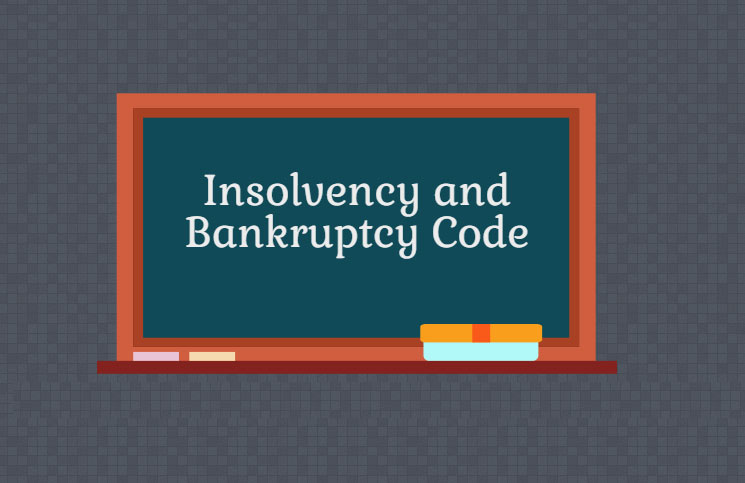Even as the year so far has posted a positive growth in terms of merger and acquisition (M&A) and corporate restructuring catalysed by the insolvency regime, with the elections in the near future, investors and corporates are expected to adopt a cautious approach in the coming months, says consultancy firm Grant Thornton India. The mergers and acquisitions and Private Equity transactions during the quarter ended September have seen a growth in terms of both value and volume, with 347 deals worth $16.7 billion taking place during the period, according to the quarterly deal tracker report of Grant Thornton. In terms of value, the M&A deals have seen over five-fold growth to $11.50 billion during July to September in 2018, from $2.14 billion during the same period. In terms of volume, the numbers have grown to 130 deals during the quarter ended September this year, as compared to 119 in the same quarter last year. During the year to date in 2018, the combination of a new bankruptcy law, a race for dominance in the e-commerce industry and surplus cash with private equity funds resulted in the highest deal activity, with around $90.6 bn transaction announced through 985 M&A and PE transactions, nearly double the values compared to the same period in 2017. The M&A value alone has doubled to $76.03 billion year to date in 2018, in 364 deals as compared to $33.08 billion in 316 deals during the same period last year.
The year so far was packed with good amount of talks around corporate restructuring and mergers and acquisitions due to the relative easing of the regulatory ecosystem and principally due to the evolution of the IBC, said Prashant Mehra, partner, Grant Thornton India LLP. On the one hand, IBC provides liquidation of the companies under debt stress and on the other it allows financially sound companies to grow by acquiring the competition at attractive valuations. This has created a new opportunity for deal-making in the country. However, in the run-up to the elections, we could expect investors and corporates to adopt a more cautious approach over the course of the coming months, he added. The surge in activity has been seen across both domestic and cross-border verticals, where established domestic companies are expanding their market presence locally and internationally by capitalising on available synergies. Domestic markets, on the other hand, look promising to foreign players for establishing their footprint in India. Additionally, large deals such as Walmart’s acquisition of Flipkart, the merger of Bharti Infratel and Indus Towers, ONGC’s acquisition of HPCL, UPL’s acquisition of Arysta LifeScience and some other large deals in this space resulted in a 2x jump in deal activity compared to the same period in 2017. It is expecting an increase in restructuring activities, with insolvency regime as a catalyst. During the quarter ended September 2018, in the M&A sector, the agriculture sector led the deal activity, accounting for 37 per cent of the total deal value, driven by UPL Ltd’s acquisition of Arysta LifeScience Inc for $4.2 bn, the largest outbound deal in the agriculture sector. The pharma sector was also active during the quarter, recording eight deals worth $1.3 bn, with Aurobindo Pharma’s acquisition of the dermatology business and generic US oral solids portfolio of Sandoz Inc, which is said to be the largest outbound pharma deal by an Indian company. Another deal in the sector was Constellation Alpha Capital Corp’s acquisition of Medall Healthcare for $212 mn, marking the largest investment in an Indian diagnostics company till date. The *start-up sector led the deal volumes* capturing a 22 per cent share as a result of revived domestic investors’ interest in the FinTech segment followed by travel and on-demand services platform. The IT, manufacturing and retail sectors together attracted 31 per cent of total deal volumes and 35 per cent of deal values.

